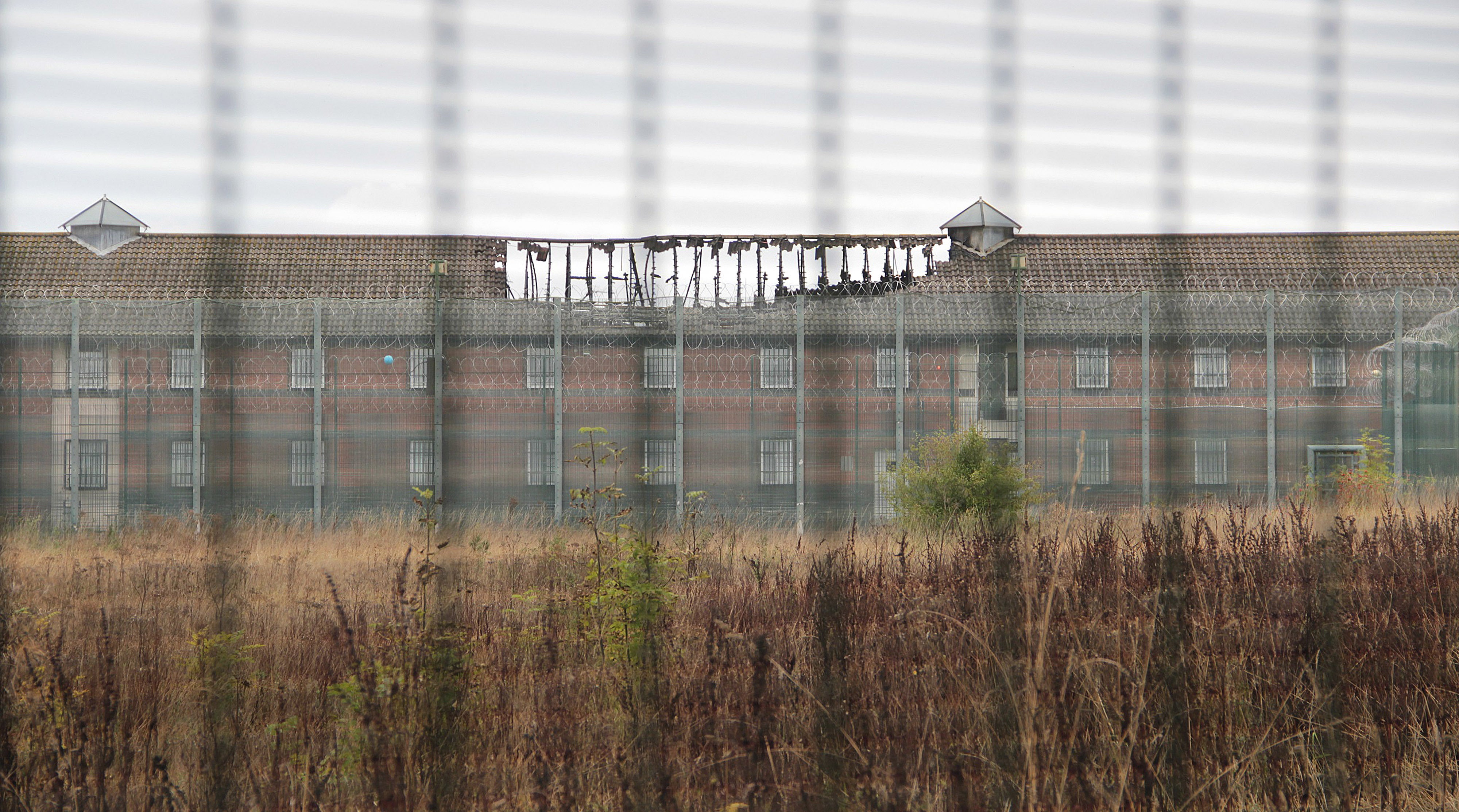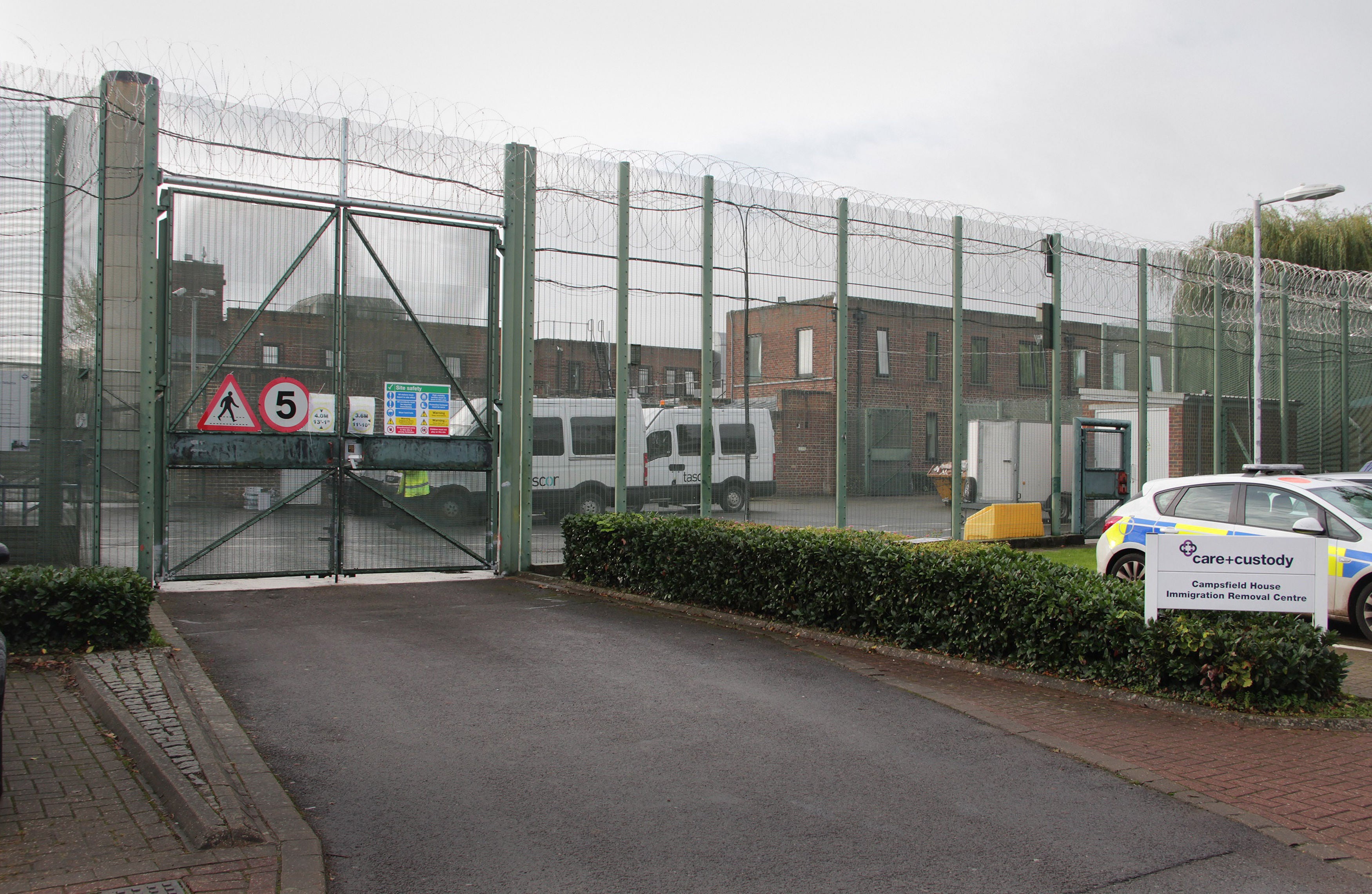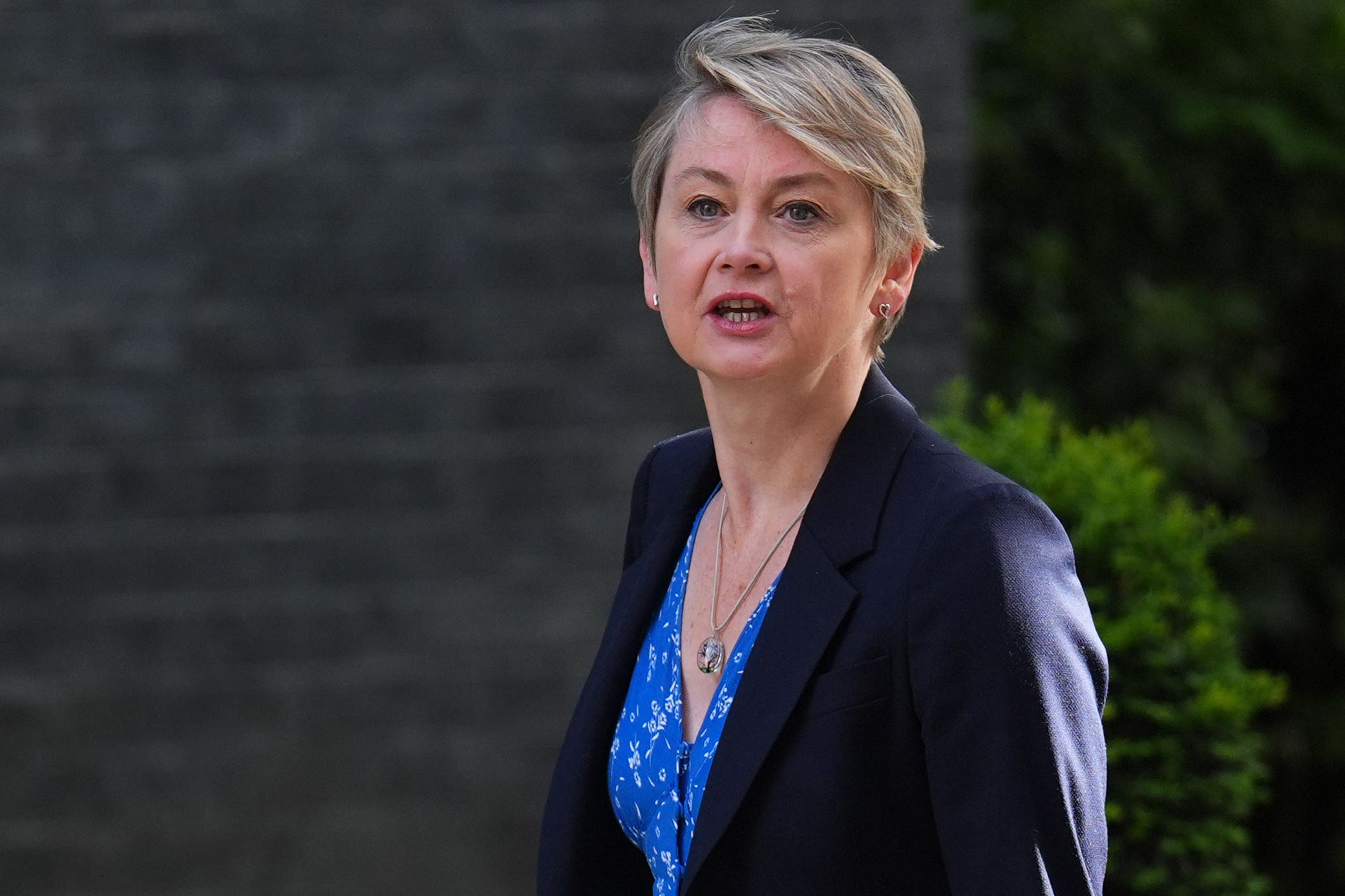‘History of abuse’: Home Office urged to reconsider plans to re-open detention centres
Plans to reopen two immigration detention centres are a ‘step backwards’, charities say
Your support helps us to tell the story
From reproductive rights to climate change to Big Tech, The Independent is on the ground when the story is developing. Whether it's investigating the financials of Elon Musk's pro-Trump PAC or producing our latest documentary, 'The A Word', which shines a light on the American women fighting for reproductive rights, we know how important it is to parse out the facts from the messaging.
At such a critical moment in US history, we need reporters on the ground. Your donation allows us to keep sending journalists to speak to both sides of the story.
The Independent is trusted by Americans across the entire political spectrum. And unlike many other quality news outlets, we choose not to lock Americans out of our reporting and analysis with paywalls. We believe quality journalism should be available to everyone, paid for by those who can afford it.
Your support makes all the difference.Home secretary Yvette Cooper has been urged to reconsider plans to reopen two immigration detention centres as part of a push to achieve the highest rate of removals since 2018.
Detention centres have been criticised in a number of Government reports and by campaigners, with one proposed for re-opening having been described as having had a “history of abuse and neglect”.
Ms Cooper said on Wednesday that the government would press ahead with plans announced by the Conservatives to reopen Campsfield and Haslar Immigration Removal Centres.
Detention capacity will be increased by 290 beds across the two sites, the Home Office said.
Campsfield, in Oxfordshire, was closed in 2019, while Haslar removal centre, in Hampshire, was shut in 2015. The plans to reopen the sites have been met with widespread condemnation from refugee charities and local campaign groups.
Charity Detention Action, who support migrants inside immigration detention facilities, said the proposal was “a disappointing step away from a fairer and more humane immigration system”.
They added: “Immigration detention centres are a hidden space where people are locked in small cells for up to 12 hours a day and frequently denied legal support and appropriate medical care.” They pointed to recent freedom of information statistics that showed that self-harm in detention centres had increased by 67 per cent in one year.

They added that many people are released from detention on immigration bail or granted permission to remain in the UK - raising questions about why they were initially detained.
Refugee Council pointed to the huge costs of immigration detention. CEO Enver Solomon said: “Instead of wasting taxpayers’ money on expanding detention places, the government should be investing in what are called voluntary returns programmes. If you treat people with respect, humanity and support them to return, many more people return.”
Visitor network AVID, who also support people in detention, said they were “deeply concerned” by the plans, which “represent a step backwards”.
They said that Haslar detention centre “has a troubled history of abuse and neglect”. It was closed in 2015 under the coalition government, following a parliamentary review which found immigration detention was “expensive and damaging to detainees”.

Under previous plans to reopen both Campsfield and Haslar, the government had estimated they would need to spend £339million.
Immigration detention centres have been plagued with problems and have consistently been shown to exacerbate mental health issues among people held there.
A 2016 independent review of immigration detention questioned whether there was any correlation between the number of people in detention and the number of successful removals from the UK.
One inquiry into another removal centre, called Brook House, found that there was a “toxic culture” among staff at the site and “credible evidence” of breaches of human rights law, such as inhuman or degrading treatment.
The report called for an introduction of a 28-day time limit for people to be held at removal sites.
In July, chief inspector of prisons Charlie Taylor described the conditions at Harmondsworth Immigration Removal Centre near Heathrow as “the worst conditions ever seen in immigration detention”. There had been numerous suicide attempts made by people being held there, and inspectors found that support was “not good enough”.
Earlier this year The Independent reported on findings by a European anti-torture committee into UK immigration detention. Inspectors from the Council of Europe raised concerns about the fact that the UK has no maximum period of detention, resulting in some people being held for many years at these sites. The limbo “is a trigger for [people] becoming mentally unwell”, inspectors said.
One of the local MPs that would be affected by Campsfield’s reopening, LibDem MP Calum Miller, said he was “disappointed and angry” by the decision. He said the facility had a “dark past” and its reopening was opposed by the local community.

In a letter to Ms Cooper, he said he was concerned that the Home Office had awarded the contract for the expansion work at Campsfield House on 31 May 2024, “in the middle of the general election campaign and when Parliament was dissolved”.
He pointed to the opposition of Labour council who labelled the detention centre as “wrong and inhumane”.

Join our commenting forum
Join thought-provoking conversations, follow other Independent readers and see their replies
Comments